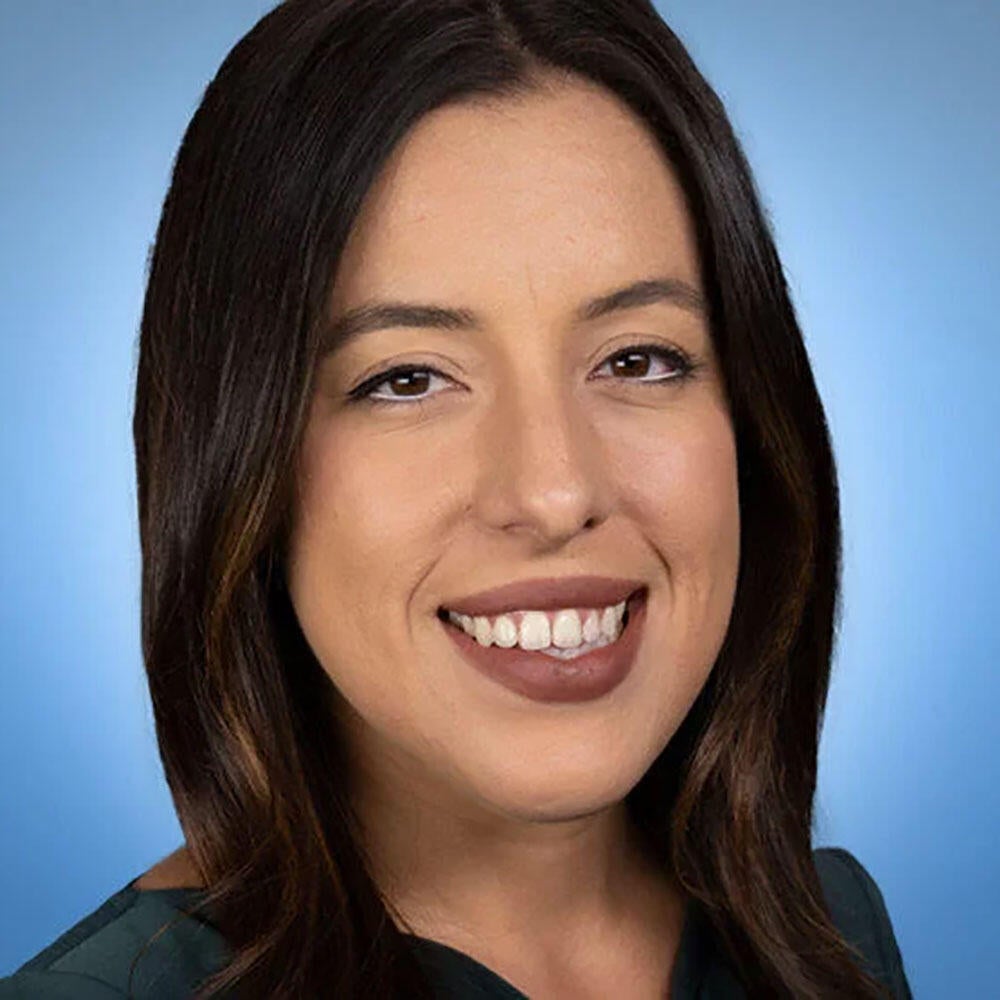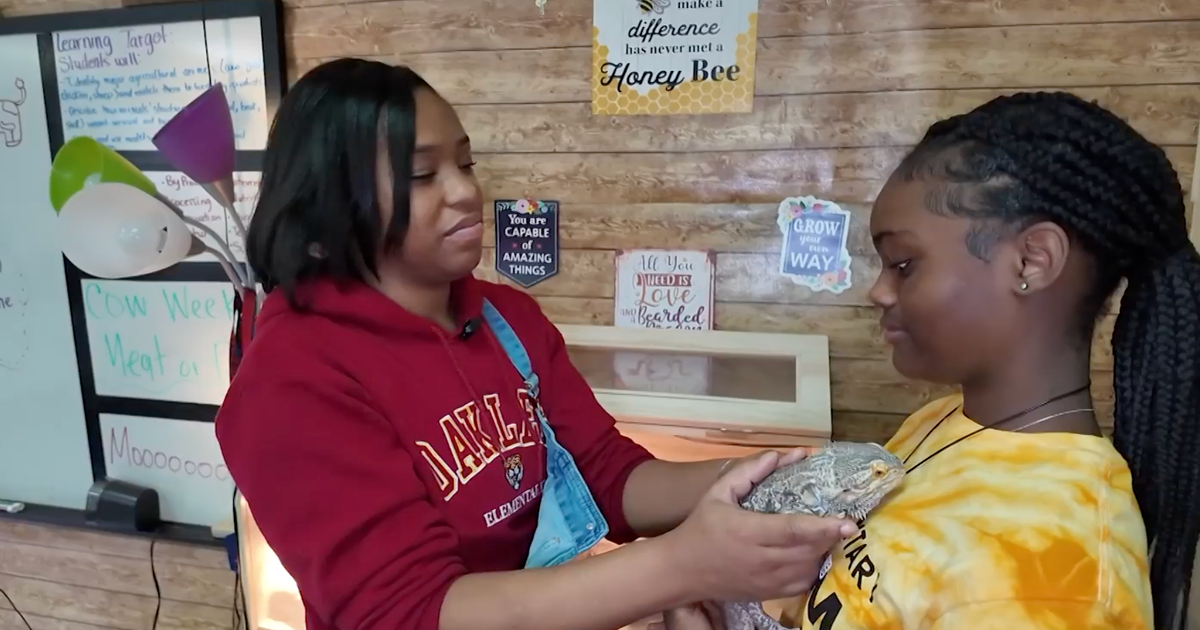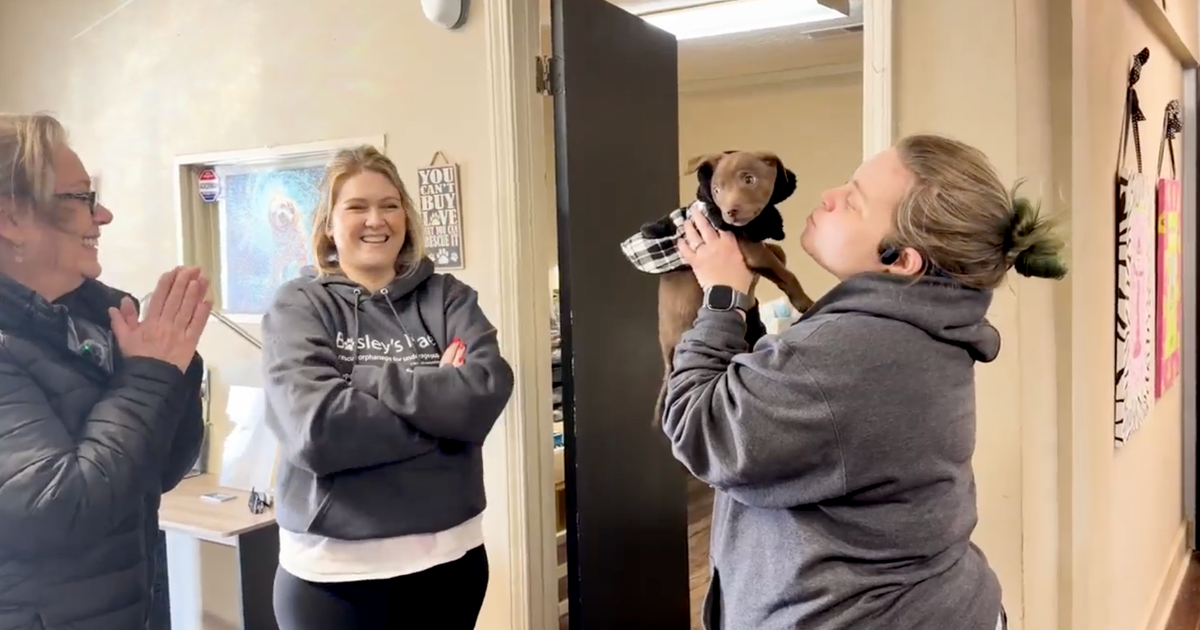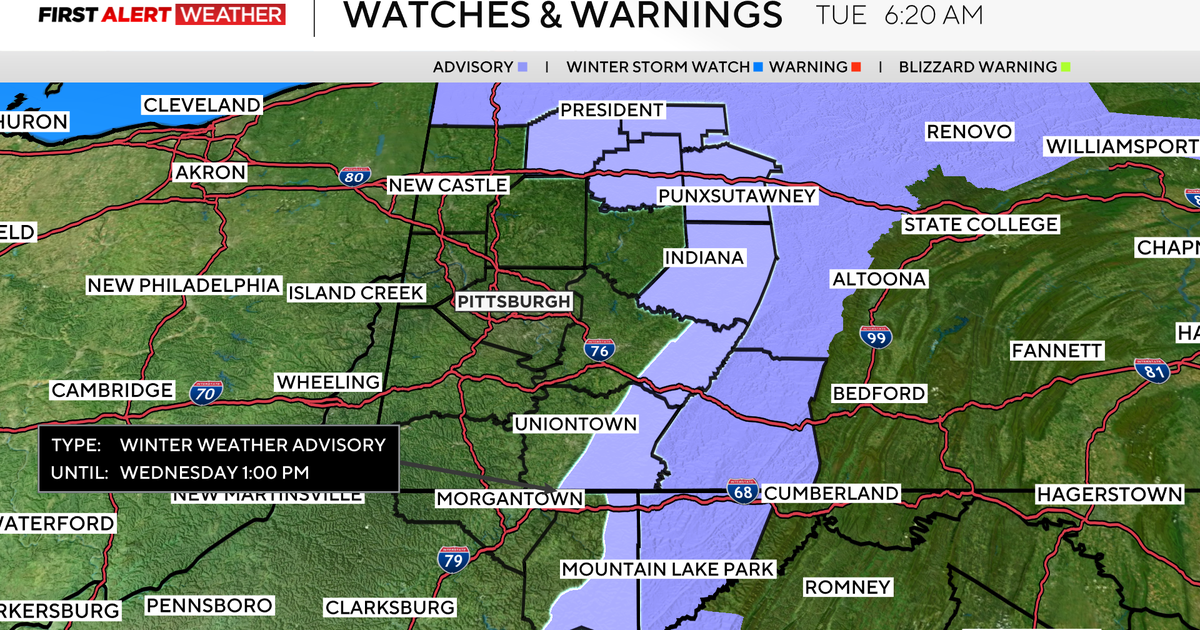Colorado bill to establish task force to increase lunch times at school
Seven-year-old Coloradan Leilani Hernandez knows it can be a scramble sometimes in the school cafeteria at Riverdale Elementary School in Thornton.
"We do have time to finish most of the food, if you're the first in line," she said.
However, for kids in the 2nd grade in some cases they are not getting enough time to eat during the school day.
"Sometimes finishing [the food], most of the time, throwing it," said Hernandez.
Parents like Keyabu Jenkins have also noticed over the years a similar trend of students not having enough time to eat at school.
"I feel like when I took lunch to my daughter the other day, they were just kind of rushing them to get in and out," said Jenkins. "I felt like it was kind of like a military, prison system."
"We know, kids, if their tummies aren't full and their wiggles aren't out, they aren't able to learn," said Colorado state Rep. Jenny Willford.
Willford, a Democrat who represents the Northglenn and Thornton region, says it's her own son's experience at lunch in school that prompted her decision to lead a House bill in the Colorado Legislature this year to improve the way students get time to eat.
"When my son first started elementary school, he was having a lot of behavioral issues in the afternoon," said Willford. "In working with the school and with the teacher, what we realized was he was coming in after playing really hard on the playground, he'd get in line, he'd go through the lunch line, sit down and the amount of time that they had for lunch had expired."
With House Bill 1301, the state will be able to establish a "time to eat" task force that will work to assess changes that could improve students' lunch times access across the state.
"With the passage of the universal school lunch ballot measure a couple of years ago, we are spending an unprecedented amount of money on school lunches, and so we want to make sure that that food is going into our students' bodies and not into the trash can," said Willford. "What this bill does is seeks to bring together stakeholders from across the state in order to determine what are the pathways we have as a state to be able to increase the amount of time kids can eat."
The task force will be comprised of students, school staff, parents and other key stakeholders and will examine things like food waste, students' academic performance, time periods for lunch and systemic disparities in schools across the state to determine ways to improve and increase lunch time.
"Part of the reason that we did a task force instead of just saying give kids 20 minute seated time is that there's a recognition that our schools across the state are very diverse," said Willford. "They're juggling a whole lot of different things. In addition, there are already contracts in place for support staff as well as for teachers we need some time to be able to look through."
The second part of this legislation establishes a grant program for school districts to improve social and emotional learning programs through adding more play time.
"Getting those wiggles out and those tummies fed so that they can be really present for instructional time," said Willford.
"If it means that we're going to get some things changed and some things done, I'm all for it," said Jenkins.
The lawmaker and parents argue lunch time also gives students more time to interact with their peers.
"A little bit more freedom for them to be kids, too," said Jenkins.
If the bill passes in the legislature, Willford believes members of the task force will likely be appointed by this fall and will have until the middle of 2025 to finalize their recommendations.
"There are representatives from charter schools, from public schools. There are parents, students, individuals who work in the cafeterias, school administrators as well as folks at the district level that have to operationalize getting food to and from a location," said Willford. "So, we really did intend to make this conversation as robust as possible and as diverse as possible as well."








